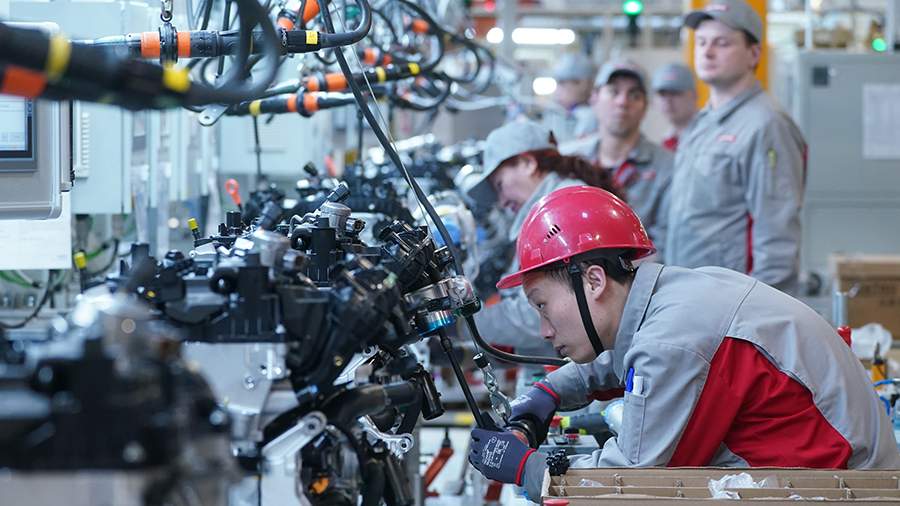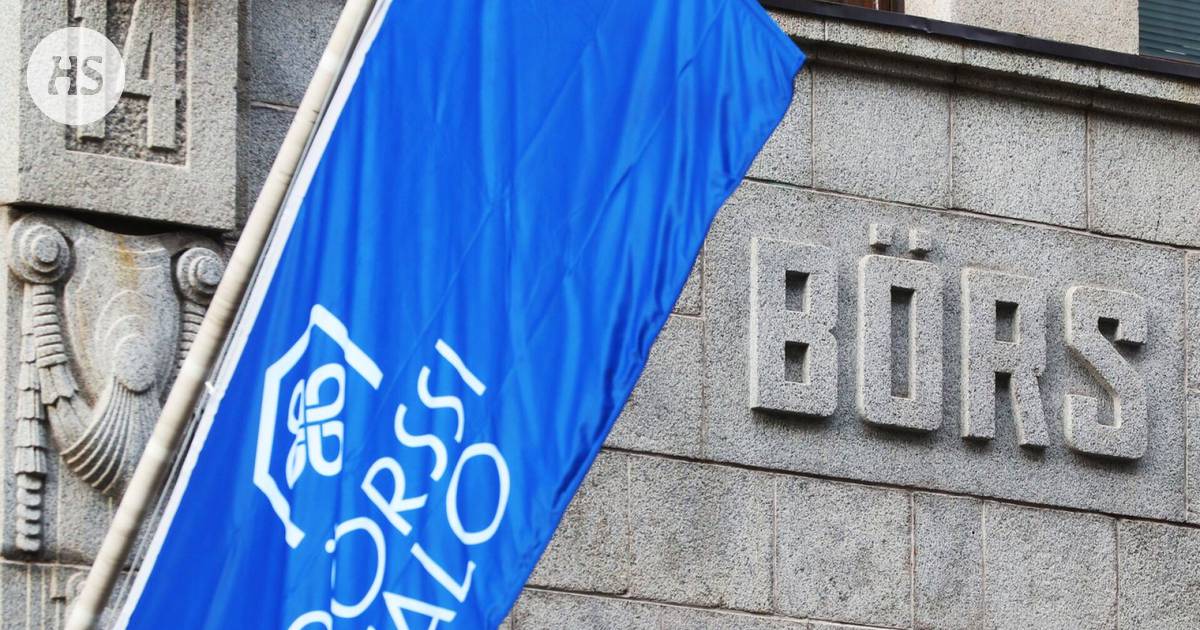Economic|The Russian attack
The Central Chamber of Commerce, together with the Ministry for Foreign Affairs and the Bank of Finland, organized an event on Russian sanctions and their effects on Finnish companies.
Western countries sanctions hit Russia’s economy hard and long-lasting, says the head of the Bank of Finland’s Monetary Policy and Research Department Juha Kilponen.
“It is very difficult at the moment to make predictions about the economic impact. However, it is clear that the Russian economy will go into a deep recession, ”says Kilponen.
The situation is also reflected in the euro area and Finnish economies. Prior to Russia’s invasion of Ukraine last week, the eurozone was recovering well from the corona pandemic.
“It is clear that the forecast picture has clearly changed,” says Kilponen.
“Growth could clearly slow down, of course, depending on the duration of the crisis and the impact of sanctions.”
West have imposed export restrictions on Russia and imposed sanctions on key Russian banks to remove them from Western financial markets. The Russian central bank’s assets abroad have also been frozen, and Russia cannot apply for long-term financing from Western markets.
Russia is exceptionally isolated from the world market. EU sanctions on Russia tougher than North Korea, Foreign Ministry head of export control unit Teemu Sepponen says.
Many companies that do not trade in sanctioned products have also announced their withdrawal from the Russian market. This has been done, for example, by energy giants BP, Shell and Exxon, and by German industrial giant Siemens.
According to Kilponen, the withdrawal of Western companies, combined with sanctions, will leave a lasting mark on the Russian economy.
“The effects will be long lasting. In addition, the crisis in the banking sector is likely to multiply the effects. “
As a result of the sanctions, there is an escape of deposits in Russian banks, and the value of the ruble has collapsed to the weakest level in the next few years. It impoverishes the citizens. Kilponen points out that the real income of households in Russia was already lower than in 2013.
To the euro area and the situation in Finland is reflected in many different routes.
Rising energy prices will further accelerate inflation, ie rising prices. On Wednesday, the price of Brent crude rose to more than $ 110, the highest since 2014.
Accelerating inflation will reduce consumption and investment.
Sanctions, on the other hand, reduce exports, although Russia’s role as a trading partner for the EU is not huge. For Finland, Russia is the fifth most important export country, and exports to Russia account for about 2 percent of GDP.
Kilponen points out that Finland has experienced large fluctuations in trade with Russia in the past. The 30-70% contractions were seen in the wake of the collapse of the Soviet Union, the Russian banking crisis and the conquest of Crimea.
“The big fluctuations are not new to Finland.”
The direct Russian risks of Finnish banks and pension investment companies are small.
#Russian #attack #Sanctions #making #lasting #impression #Russian #economy #growth #slowing #Europe #Bank #Finland #estimates







